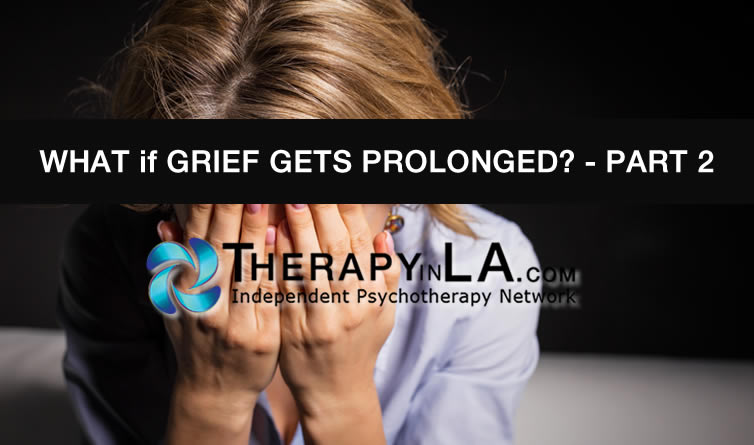WHAT if GRIEF GETS PROLONGED? – PART 2
WHAT if GRIEF GETS PROLONGED? – PART 2
By Alan M. Solomon, Ph.D.
Prolonged Grief Disorder can be assessed with the following questions:
- Have you lost someone significant to you?
- How many months has it been since your significant other died?
For the following questions, please note not at all, slightly, somewhat, or quite a bit.
- Do you feel yourself longing or yearning for the person who died?
- Do you have trouble doing he things you normally do because you are thinking so much about the person who died?
- Do you feel confused about your role in life or feel like you don’t know who you are anymore (i.e., feeling like that a part of you has died)?
- Do you have trouble believing that the person who died is really gone?
- Do you avoid reminders that the person who died is really gone?
- Do you feel emotional pain related to the death (e.g., anger, bitterness, sorrow)?
- Do you feel that you have trouble re-engaging in life (i.e., problems engaging with friends, pursuing interests, planning for the future)?
- Do you feel emotionally numb or detached from others?
- Do you feel that life is meaningless without the person who died?
- Do you feel alone or lonely without the deceased?
- Have the symptoms above caused significant impairment in social, occupational, or other important areas of functioning?
Therapy especially for Prolonged Grief Disorder has been developed to provide 16 sessions. Compared to more general therapy for depression or anti-depressant medication, this treatment has been shown to be more effective. When medication was added to this special therapy effort, no additional benefit was found, so that clearly, talking therapy that targets the particular difficulties of prolonged grief is quite effective.
More specifically, the therapy focuses on relieving early coping efforts such as protest, self-blame, avoidance, and counter-factual thinking. The person grieving is helped to accept the new reality, to change their relationship to the deceased, to accept other changes in the world, and to accept the finality of the loss. Support is offered to restore a capacity for well-being, to see a promising future, to strengthen relationships, to narrate the story of the death, to live with reminders of the loss, and to connect with memories.
Alan M. Solomon, Ph.D. is a clinical psychologist in private practice in Torrance, CA. A member of the Independent Psychotherapy Network, he can be reached at 310 539-2772 or dralanms@gmail.com Telehealth or in-person sessions are available.
Copyright 2022 by Alan M. Solomon, Ph.D.

